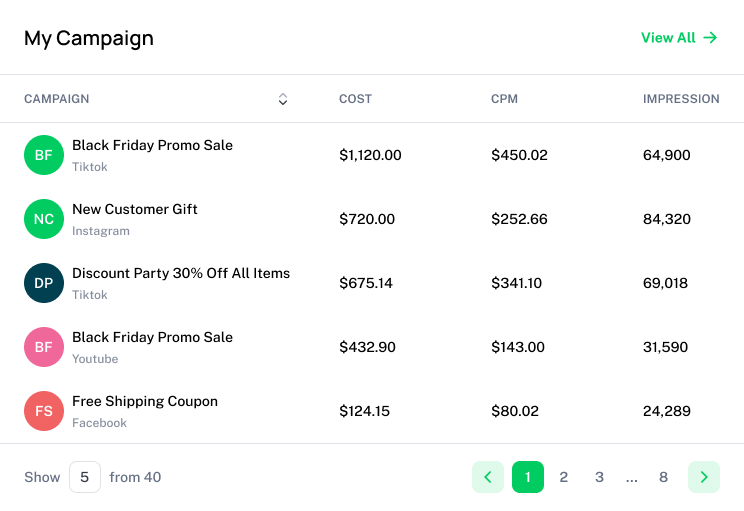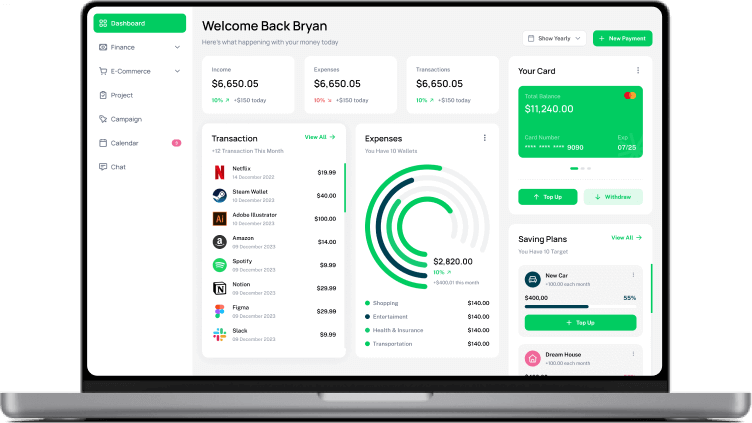Incentive Compensation Management
Empowering Teams with Tailored Incentive Compensation Plans to Drive Sales Performance and Achieve Growth
- Home
- Incentive Compensation Management
Compensation for Accuracy and Efficiency
Flow Commission simplifies incentive compensation management by eliminating manual calculations and errors.
Advanced Analytics and Reporting
Utilize robust analytics tools to gain insights into compensation effectiveness, employee performance, and ROI, enabling data-driven decision-making and strategic planning.
Plan To Drive Your Sales Team Beyond Targets
Flow Commission progresses how businesses approach incentive compensation with incentive compensation management, changing complex and time-consuming processes into streamlined, productive operations. Our incentive compensation management platform is outlined to automate the calculation of sales commissions, rewards, and other shapes of incentive pay, guaranteeing precision and straightforwardness. Flow Commission gives real-time insights into sales execution, empowering leaders to create educated choices and alter strategies quickly.
- Say goodbye to manual calculations and mistakes. Our system guarantees exact incentive calculations each time.
- Gain quick access to sales execution information, empowering fast turnaround.
- Concentrate on sales strategies and business growth with decreased administrative tasks.


Unlock Potential with Flexible Incentive Management
Our platform empowers businesses to rapidly adjust their incentive structures in reaction to showcase dynamics, worker input, and execution information. This agility guarantees that incentive plans stay significant, spurring, and adjusted with trade objectives, regardless of the outside environment. With Flow Commission, make an energetic incentive ecosystem that persistently advances, keeping your group engaged and driving economic development.
Incentives That Drive Teamwork and Individual Success
Flow Commission provides an approach to incentive compensation by emphasizing collaborative endeavors alongside individual achievements. This strategy supports a team-oriented environment where collective victory is valued as personal achievements, upgrading collaboration and shared objectives.
Team-based Achievement Milestones
Highlight group victories through collective rewards and acknowledgements. Our tools cultivate community and shared victory, improving group cohesion.
Personalized Achievement Milestones
Celebrate personal victories with personalized turning points. Flow Commission makes it simple to recognize individual accomplishments, fueling inspiration and fulfilment.
Continuous Feedback Loops
Provide nonstop feedback inside incentive plans. Flow Commission's real-time analytics allow for quick acknowledgement, keeping inspiration high.

